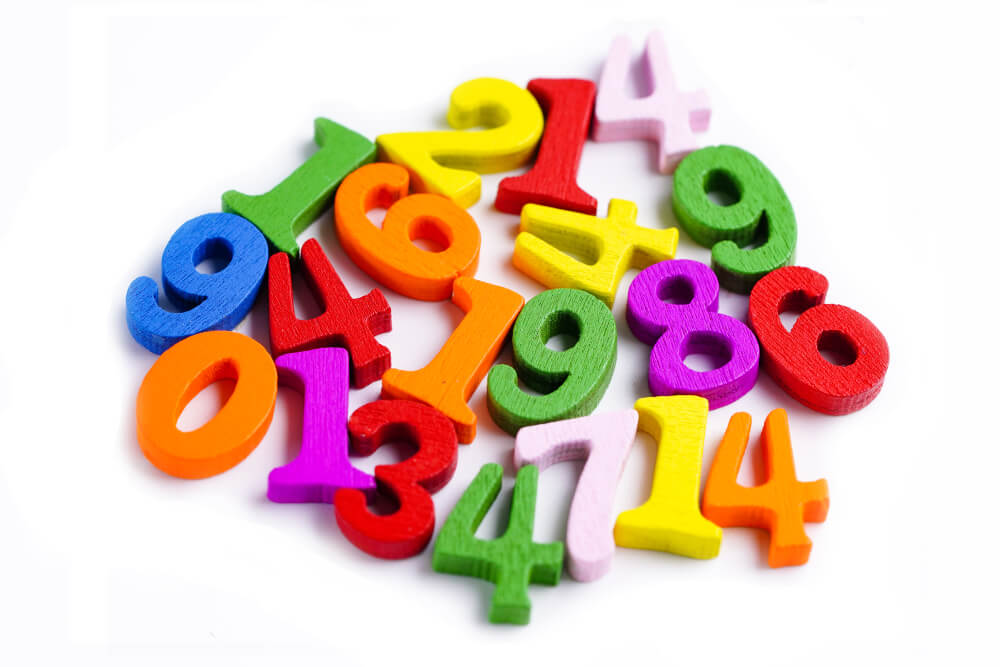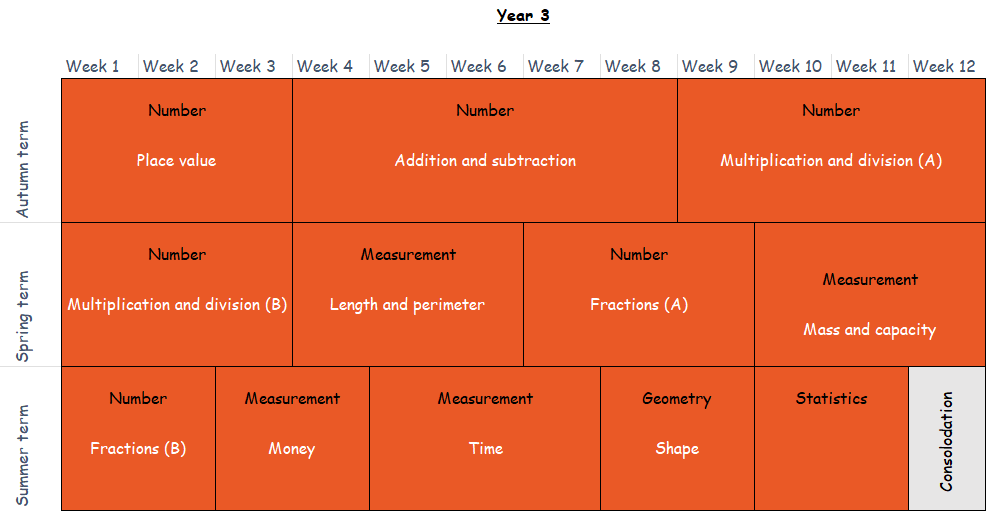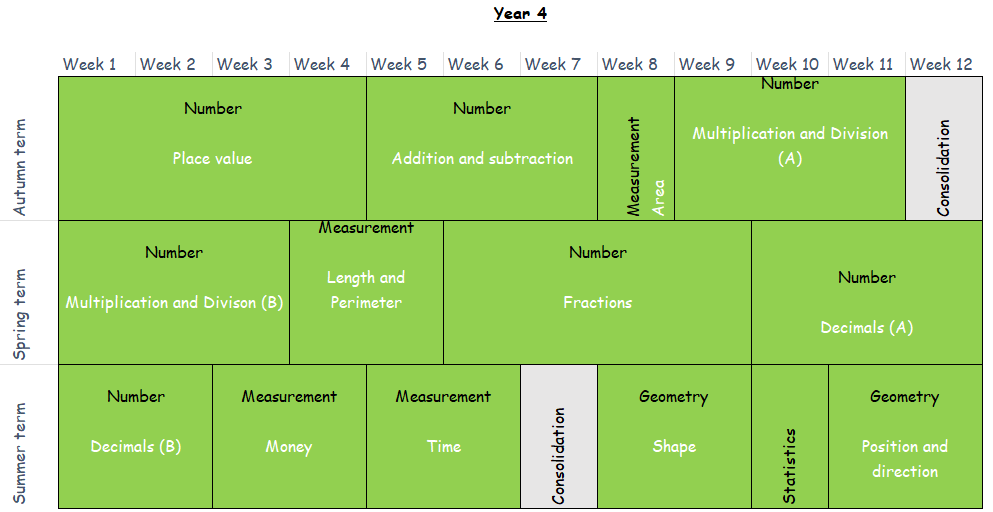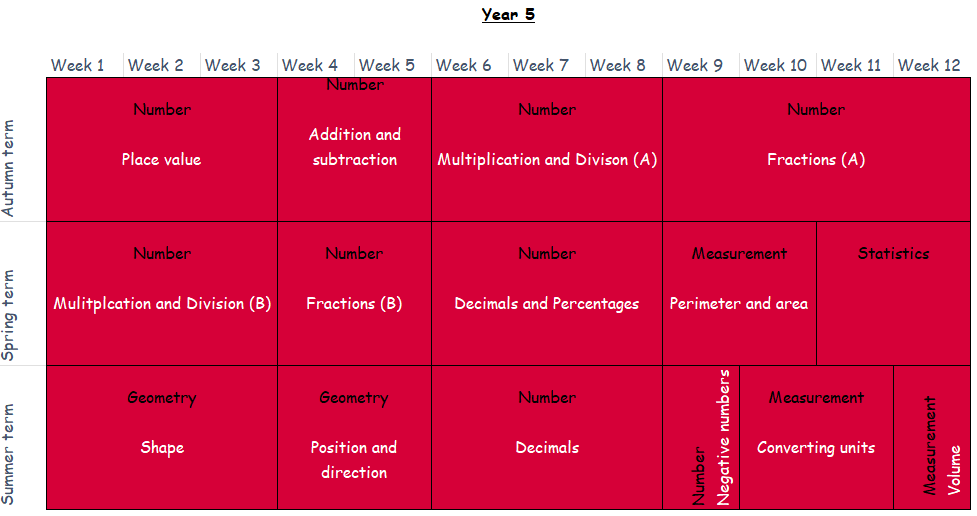Maths
Maths Curriculum Statement
Intent
Mathematics is a creative and highly inter-connected discipline that has been developed over centuries, providing the solution to some of history’s most intriguing problems. It is essential to everyday life, critical to science, technology and engineering, and necessary for financial literacy and most forms of employment. A high-quality mathematics education therefore provides a foundation for understanding the world, the ability to reason mathematically, an appreciation of the beauty and power of mathematics, and a sense of enjoyment and curiosity about the subject. The programmes of study are, by necessity, organised into apparently distinct domains, but pupils should make rich connections across mathematical ideas to develop fluency, mathematical reasoning and competence in solving increasingly sophisticated problems. They should also apply their mathematical knowledge to science and other subjects. The expectation is that the majority of pupils will move through the programmes of study at broadly the same pace. As a school where we all strive to be our best, we believe that all learning should be adapted to the needs of all children (SEN, EAL, more able, disadvantaged) and that the curriculum should be carefully planned to take account of everyone in the class so that we can all ‘Do something beautiful for God, each and every day’.
Implementation
At St Anthony’s our whole curriculum is shaped by our school vision which aims to enable all children, regardless of background, ability or additional needs, to flourish to become the very best version of themselves they can possibly be. We teach the National Curriculum, supported by a clear skills and knowledge progression. This ensures that skills and knowledge are built on year by year and sequenced appropriately to maximise learning for all children.
A typical maths Lesson: Unit planning based on National Curriculum Statements (Themes), white rose maths Scheme of learning and small steps. Children are taught Mathematics for approximately 1 hour daily. Support is determined during each lesson to ensure secure understanding based on the needs of the child. Challenge is visible throughout the whole session, where children are asked to reason and prove their understanding at a deeper secure level.
Impact
Throughout each lesson formative assessment takes place and feedback is given to the children through marking and next step tasks to ensure they are meeting the specific learning objective. Teacher’s then use this assessment to influence their planning and ensure they are providing a mathematics curriculum that will allow each child to progress. The teaching of maths is also monitored on a termly basis through book scrutinies, learning walks and lesson observations. The expectation is that the majority of pupils will move through the programmes of study at broadly the same pace. However, decisions about when to progress should always be based on the security of pupils’ understanding and their readiness to progress to the next stage. Pupils who grasp concepts rapidly should be challenged through being offered rich and sophisticated problems before any acceleration through new content. Those who are not sufficiently fluent with earlier material should consolidate their understanding, including through additional practice, before moving on.
The expectation is that all children, upon leaving St Anthony's have a good understanding of number; are fluent mathematicians, who are able to solve problems and are explain their reasoning underpinning their understanding. Most importantly, all children should enjoy maths and should enjoy achieving in maths.
Please click here to see the progression of vocabulary for maths through the school.
Annual Overviews Year 1
Annual Overviews Year 2
Annual Overviews Year 3
Annual Overviews Year 4
Annual Overviews Year 5
Annual Overviews Year 6



















